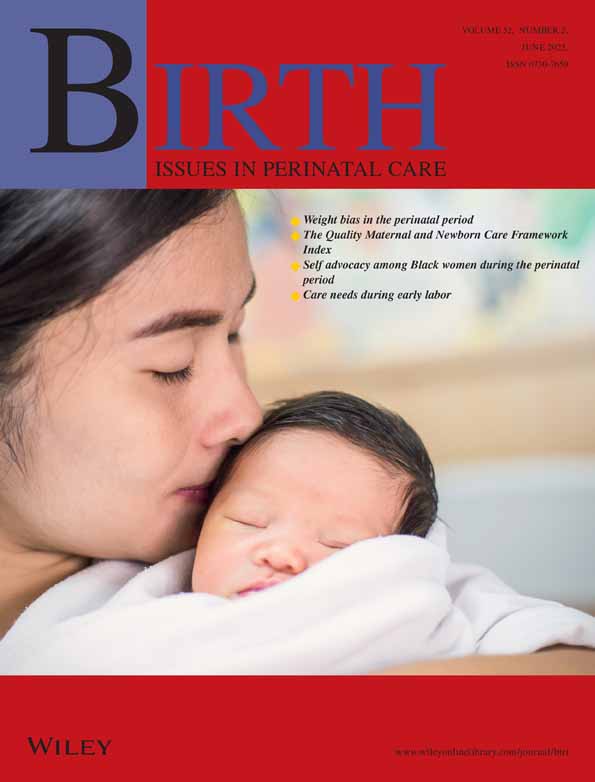Intention to Breastfeed in Low-Income Pregnant Women: The Role of Social Support and Previous Experience
Abstract
Background: The purpose of this study was to describe the relationship between breastfeeding intention among socioeconomically disadvantaged pregnant women and maternal demographics, previous breastfeeding experience, and social support. Methods: A cross-sectional, convenience sampling strategy was employed for data collection. Low-income women (n= 1001) in a public hospital completed a six-page questionnaire about their infant feeding plans, demographics, and social support. Simple regression analyses were conducted to compare maternal breastfeeding intention with the hypothesized correlates. Results:Breastfeeding intention was positively correlated with older maternal age, higher education, more breastfeeding experience, Hispanic ethnicity, and hearing about breastfeeding benefits from family members, the baby's father, and lactation consultants, but not from other health professionals. Health professionals' attitudes were less influential on women's infant feeding decisions than the attitudes and beliefs of members of women's social support networks. When controlling for breastfeeding experience (none vs any), some findings varied, indicating a need for breastfeeding interventions tailored to women's level of experience. Conclusion: Use of peer counselors and lactation consultants, inclusion of a woman's family members in breastfeeding educational contacts, and creation of breastfeeding classes tailored to influential members of women's social support networks may improve breastfeeding rates among low-income women, especially those with no breastfeeding experience, more effectively than breastfeeding education to pregnant women that is solely conducted by health professionals. (BIRTH 25:3 September 1998)




